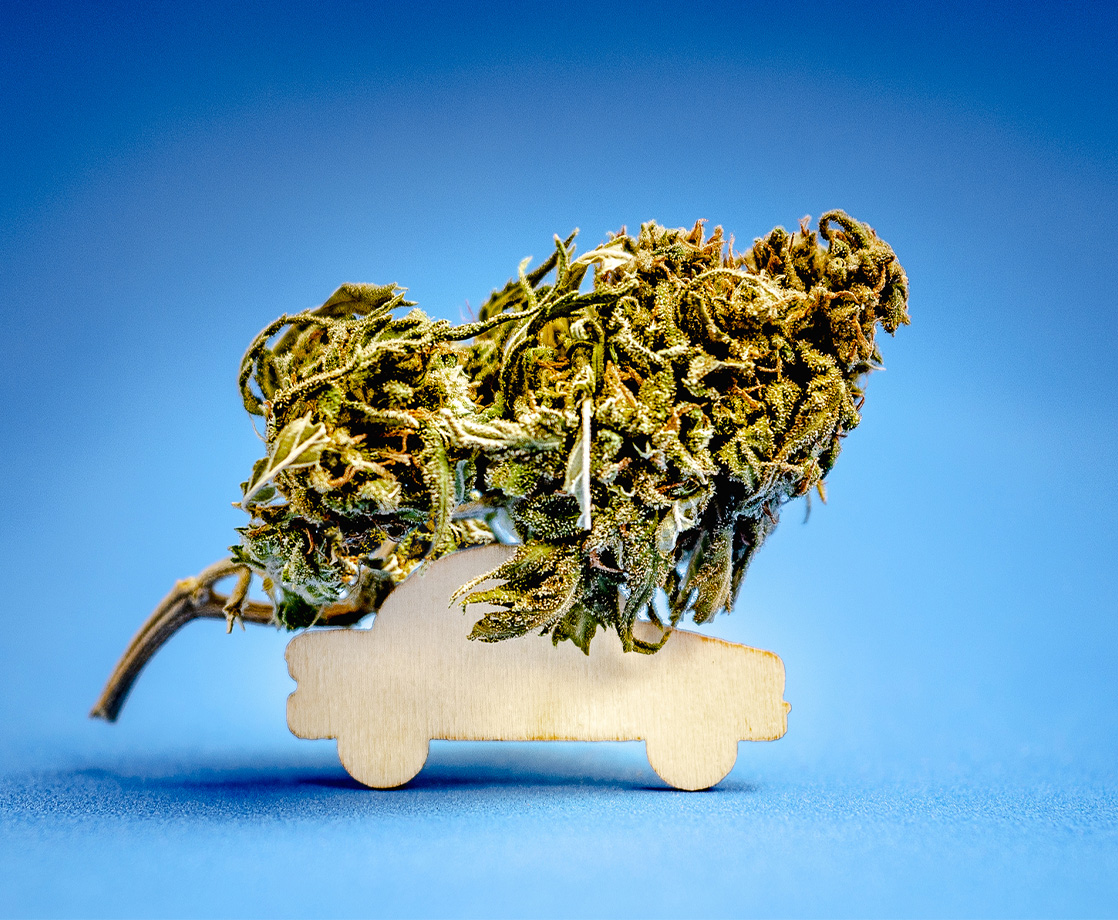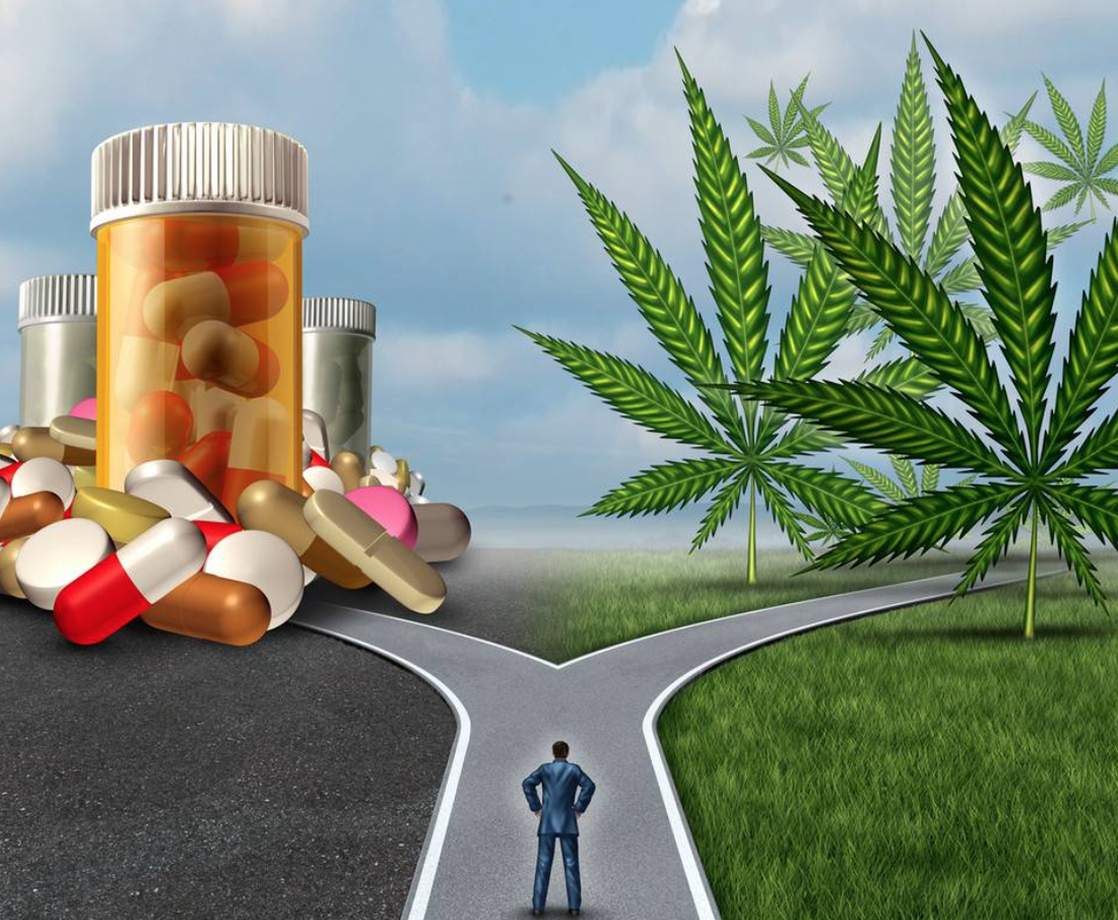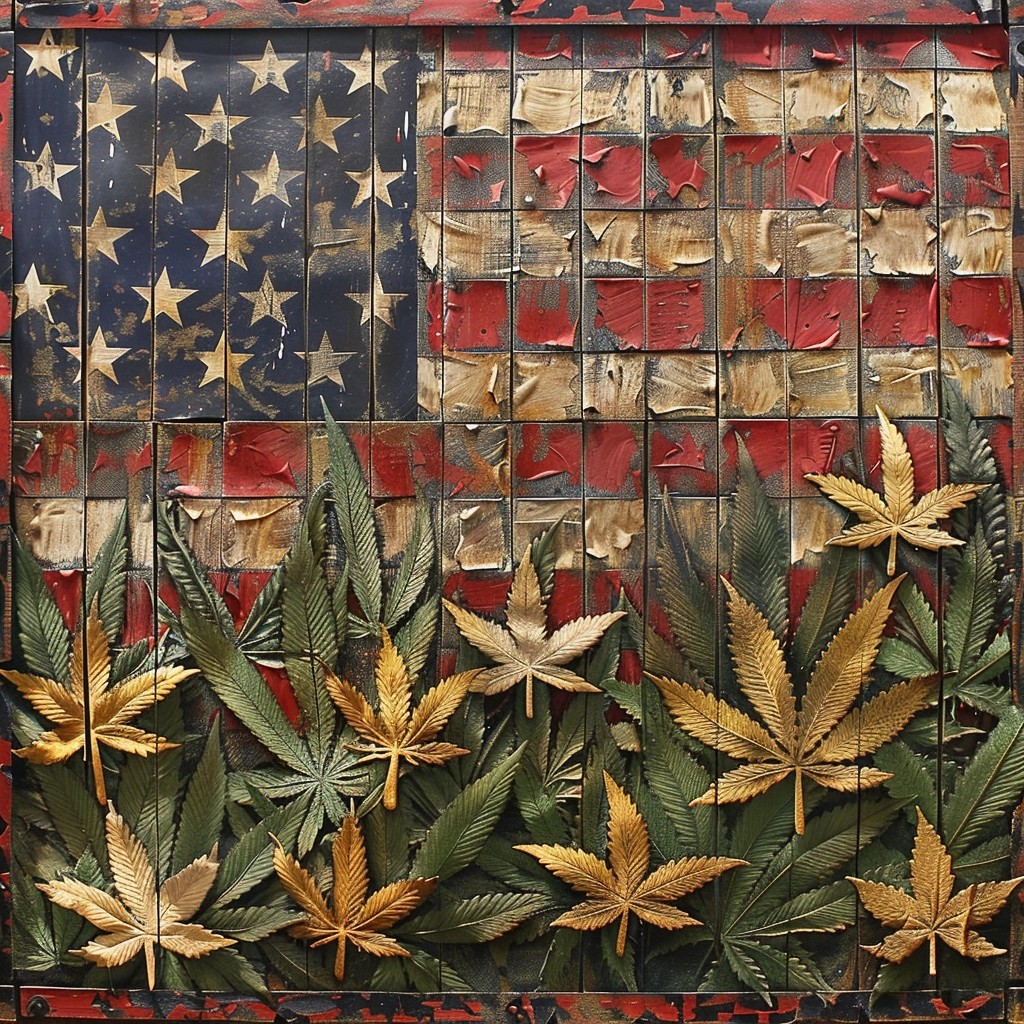President Joe Biden supports the decriminalization of marijuana and the expungement of past convictions, aligning with public opinion, but awaits the DOJ’s decision on potentially rescheduling the drug before advancing further policy changes.
As April 20th rolls around, bringing with it clouds of cannabis celebration, the spotlight turns unexpectedly presidential. President Joe Biden, historically cautious about full-blown cannabis legalization, seems to be inhaling a more progressive stance towards marijuana policies in the U.S. His administration has signaled a clear support for decriminalizing marijuana, though it’s waiting on a bit more than just the smoke to clear at the Department of Justice (DOJ) before making any sweeping legal changes.
Biden’s approach appears to be a blend of political prudence and a nod to the evolving public opinion on cannabis. The White House has articulated that while the President backs the idea of decriminalizing the use of cannabis, and mass expungement of prior cannabis convictions, any significant changes or rescheduling of the drug would hinge on thorough review and action from the DOJ. This means Biden is for turning down the heat on pot users and correcting past legal overreaches, but he’s not quite ready to light up radical reform just yet.
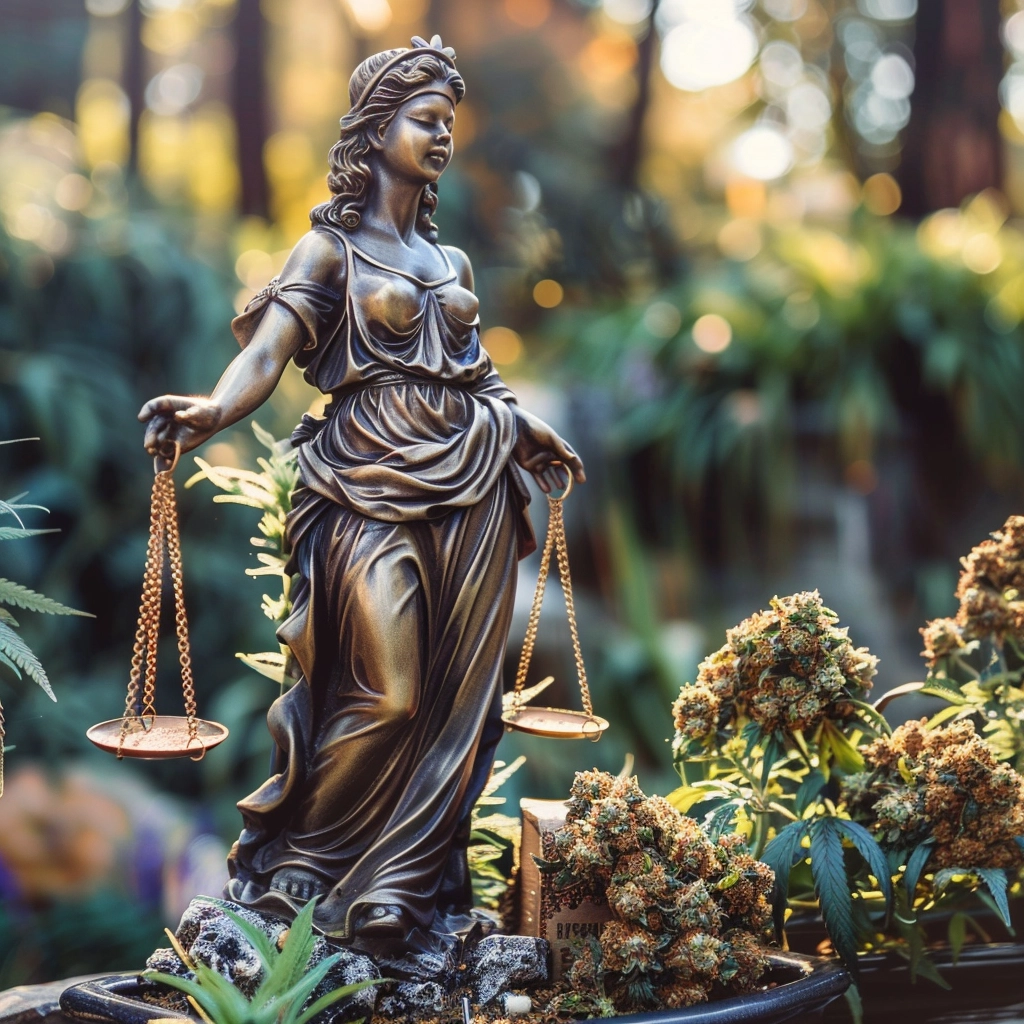
This measured support could be seen as a cocktail of political acumen mixed with a dash of social awareness. On one hand, it aligns with a broader liberal agenda and public sentiment—majorities in recent polls favor at least some form of legalization or decriminalization. On the other, it skirts the risk of alienating more conservative or undecided voters by not fully committing to legalization. Biden’s stance could be read as trying to roll a joint of compromise: it’s about making sure no one gets too burnt by federal law for lighting up, while also not sparking too much controversy.
What does this mean for everyday Americans and cannabis enthusiasts? For starters, Biden’s support for decriminalization could herald a shift towards more lenient federal policies on cannabis use. This might reduce the number of new convictions related to pot, a change that would particularly impact communities of color, who have disproportionately faced harsh penalties in the war on drugs.
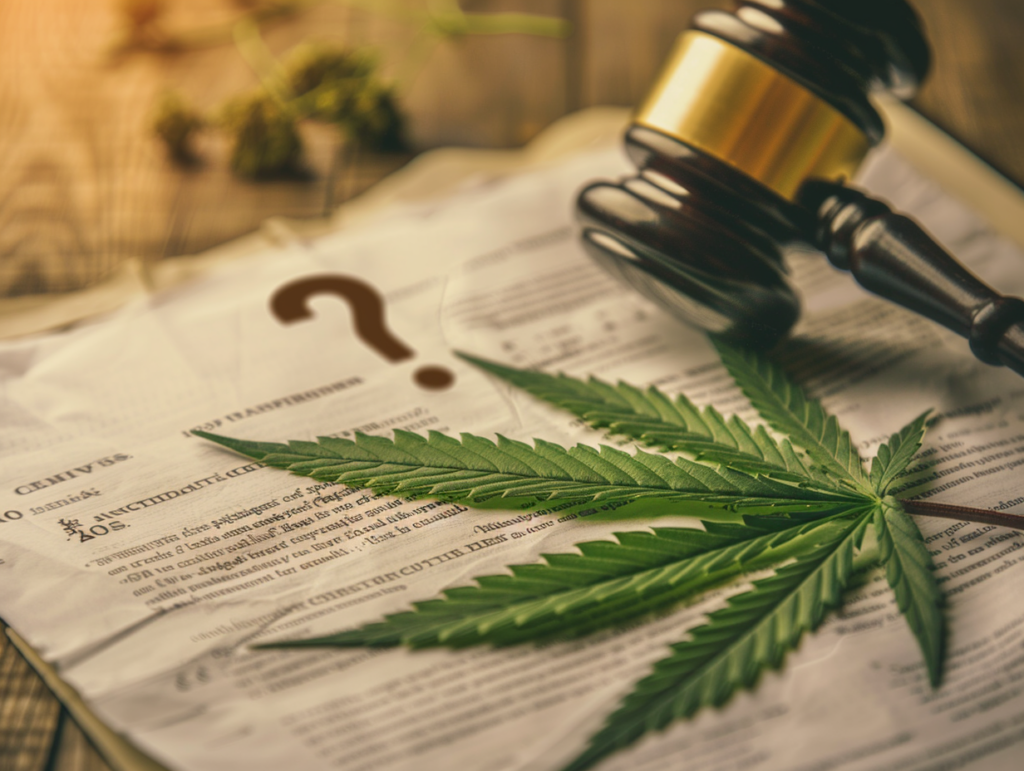
However, the pace at which these changes will occur depends heavily on the DOJ’s actions in potentially rescheduling cannabis. Currently classified alongside drugs like heroin, cannabis’s Schedule I status is a major barrier to not just legal use and research but also to any serious policy reforms.
As the conversation around cannabis continues to evolve, it’s clear that Biden’s administration could play a crucial role in shaping the landscape of American drug policy. By advocating for decriminalization, Biden is potentially preparing the soil for future reforms, possibly even planting the seeds for a greener, more just approach to cannabis in America. This 420, as many reflect on the state of cannabis culture and law in the U.S., there’s a cautious optimism in the air—maybe mixed with a bit of smoke.



